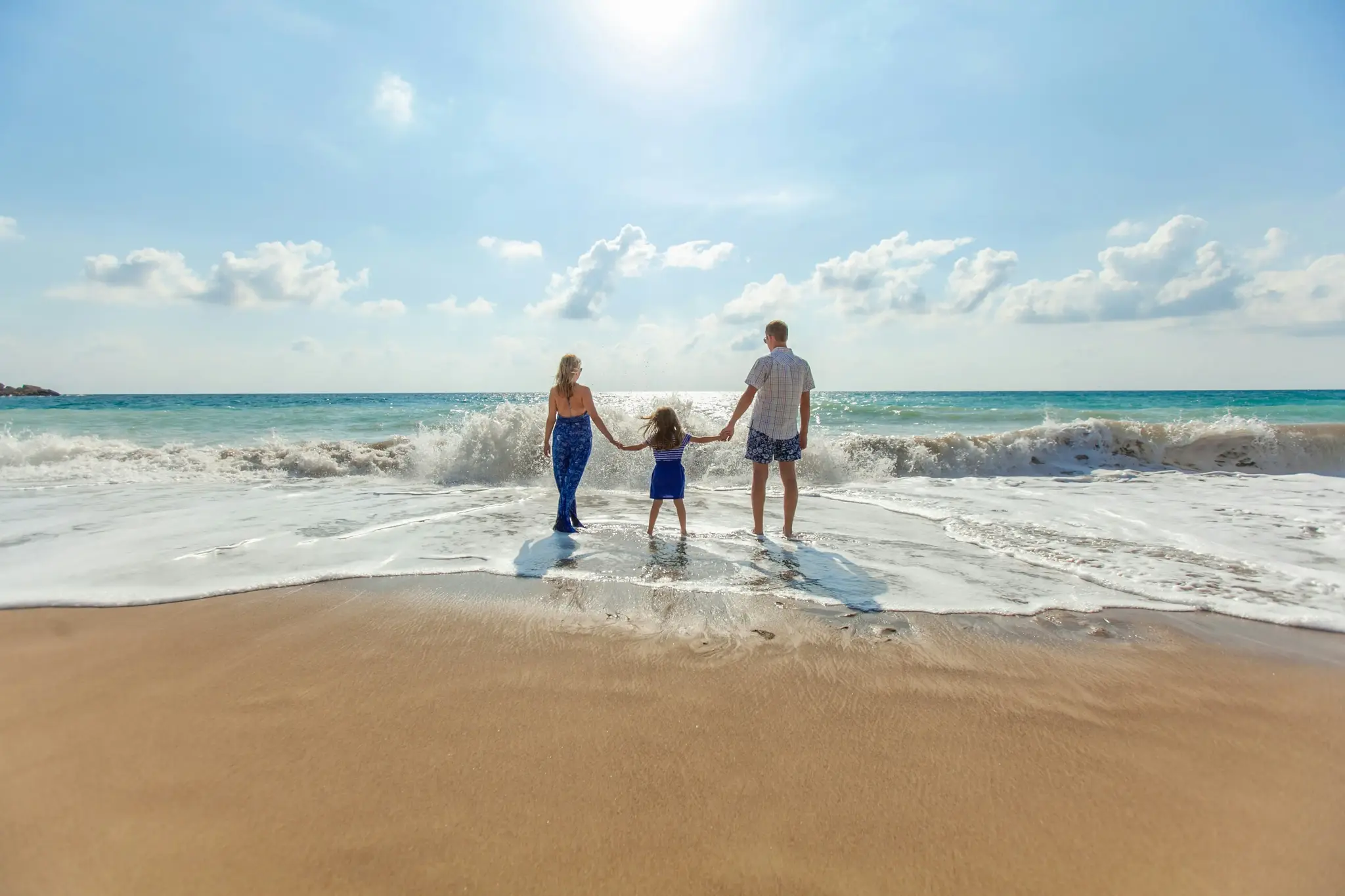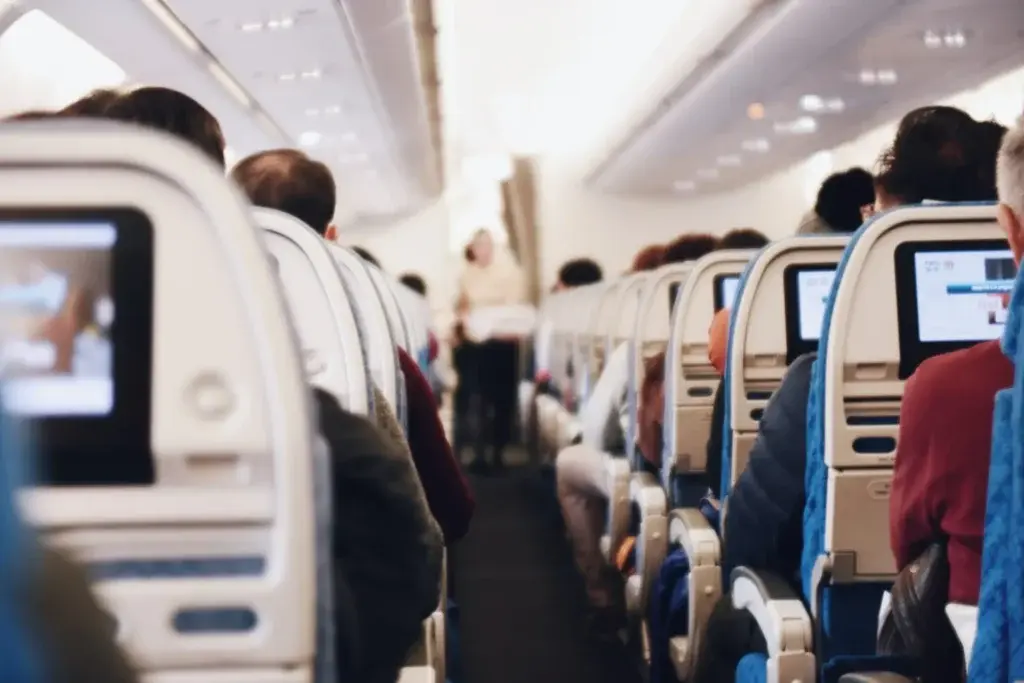Planning a trip to the Bahamas: what papers do you need? How can you make sure you're well covered during your stay? How do I take out travel insurance for the Bahamas? We tell you all about it in our complete guide!
Prix moyen constaté
9,26€/Pers*
*Tarif pour un voyage d’une semaine pour une personne de 30 ans (sans annulation).


COVID-19
Full "recommended" vaccination schedule

Mandatory documents
Passport

Residence permits
No visa required

Currency
Bahamian dollar

Vaccination
No mandatory vaccines

Travel insurance Bahamas
500,000 coverage recommended by Yupwego

Best period
November to April

Emergency numbers
medical emergencies - 911
Your Travel Health Insurance Bahamas
online
Start your quotation now and obtain your medical insurance certificate insuring medical expenses up to €500,000.
Discover the Bahamas
The Bahamas in brief
The Bahamas, a tropical archipelago in the Atlantic Ocean, is famous for its pristine white beaches and crystal-clear waters. Made up of over 700 islands and islets, they are the ideal destination for water sports enthusiasts, scuba divers and seaside relaxation. Bahamian culture is influenced by a rich history of British and African colonization, which is reflected in the music, cuisine and friendliness of the people. The Bahamas is a popular tourist destination, attracting visitors from all over the world in search of a tropical paradise.
Must-sees
See our complete guide to
in the Bahamas.
Travel insurance Bahamas
Is travel insurance compulsory in the Bahamas?
Travel insurance is not mandatory in the Bahamas, but is highly recommended to cover medical expenses, trip cancellations and other unforeseen events. It gives you peace of mind during your stay, in the event of medical needs or unexpected situations.
Why should you take out Bahamas travel insurance?
There are several reasons why it's a good idea to take out travel insurance for Ireland:
- Medical expenses: In the event of illness or injury.
- Repatriation: If you need to be evacuated to receive appropriate medical care, travel insurance can cover the cost of evacuation, which can be very expensive.
- Third-party liability: If you cause damage to others or property, travel insurance can cover the cost of third-party liability.
- Loss and theft: If your luggage is lost or stolen, or if you lose money or valuables, travel insurance can cover these losses.
- Cancellations and delays: If your trip is cancelled or delayed due to unforeseen circumstances, such as illness or natural disaster, travel insurance can cover the associated costs.
What does my YUPWEGO Bahamas travel insurance cover?
To travel to the Bahamas, YUPWEGO recommends a minimum cover of €500,000. Here's just one of the coverages we offer for each of our contracts:
À savoir avant de partir
What are the entry requirements for the Bahamas?
As a French national, all you need is a passport.
Jet lag
The time difference between France and the Bahamas is 6 hours.
How can I insure myself for the long term?
If you wish to insure yourself for a long period in the Bahamas, you may consider purchasing an
expatriate insurance
specially designed for expatriates, or a
PVT insurance
insurance if you are studying or doing an internship abroad.
Health care in the Bahamas
What are the health risks in the Bahamas?
Major health risks in the Bahamas include mosquito-borne infections (such as Zika and dengue fever), sea sickness, food poisoning, sun exposure, and seawater-related infections. Travelers should take preventive measures, such as the use of mosquito repellents, food hygiene, sun protection and vigilance towards medical care. Adequate travel insurance is also recommended to cover potential medical expenses, as healthcare costs can be high in the Bahamas.
What type of plumbing system should I use?
The Bahamas has a high-quality healthcare system. Travelers are encouraged to use the private healthcare system, which is well-developed and offers high-level medical services. There are also public hospitals, but private facilities are generally preferred by international visitors because of the quality of care and accessibility.
Travelling responsibly in the Bahamas
How can you reduce risks by traveling responsibly?
- Respect the environment: Preserve natural beauty by avoiding littering and respecting protection rules in natural parks and sensitive areas.
- Be respectful of the culture: Familiarize yourself with local customs and standards of conduct. Wear appropriate clothing when visiting religious sites, and respect local traditions.
- Support local businesses: Promote local businesses, restaurants and markets to support the local economy and encourage sustainable tourism.
- Reduce your carbon footprint: Opt for eco-friendly means of transport such as public transport or cycling to reduce your impact on the environment.
- Save water and energy: Use natural resources responsibly, whether at the hotel or elsewhere. Turn off the lights and air conditioning when you leave your room.


















